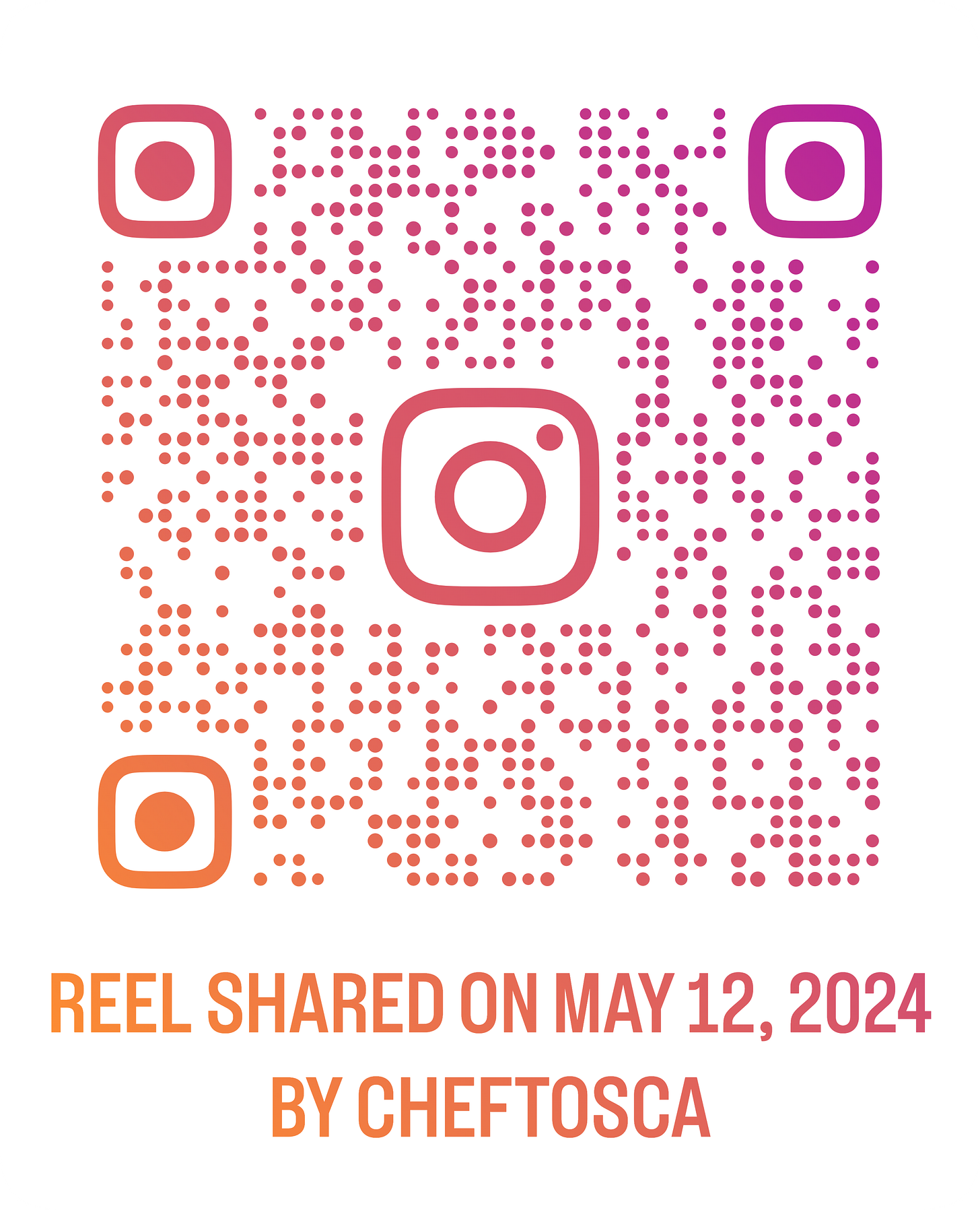Do You Really Need To Know What I Eat?
Unpack some myths about being a "real" vegetarian and understand the harm that diet culture has caused by requiring us to have a food identity.
“I wish I knew what you ate in a day.” a client recently mused. It got me thinking about how food labels aren’t just for what is eaten; they are also used to describe people. I have found this practice more and more concerning, and if you are curious, let me explain why.
Food Labels or People’s Identity?
When I was in my early twenties, I was diagnosed with familial hypercholesterolemia. My provider asked if I could change my diet. I explained I was eating a healthy vegetarian diet. This is a good example of how I used a food pattern to describe me and my behavior.
It wasn’t the only time being ‘vegetarian’ was used to describe something about me. My family became vegetarians when I was 11 years old. The reason for this switch escaped me, but it might have been because my mother just wanted to add variety to our typical meat and potato diet. I continued to label myself as a vegetarian, attending Seventh Day Advent’s middle school and working in an SDA hospital as a dietitian. After my first pregnancy, I was diagnosed with hyperthyroidism, and I was told to stop eating soy. I modified my diet by adding fish to reduce symptoms of diarrhea, anemia, and fatigue, as well as improve my treatment, which included radiation to cause hypothyroidism. Many people, including people who ate meat, felt that this no longer made me a ‘real’ vegetarian.
Excuse me, what? Are there false vegetarians? If there are, who determined this? Is there a committee or an agency that checks on the diets of people who don’t eat meat to ensure that they aren’t eating meat?
Why Do People Label Food Patterns?
My daughter’s first job was working in a vegan restaurant. The owner, Nora, was an outspoken advocate of not eating meat. However, she held a lot of opinions about being vegan and felt many people were “ME-ans.” A term she explained was when someone stopped eating meat to belong to a group, to appear cool, classist, or when engaging in healthism. In short, “ME-ganism” was an eating pattern that wasn’t aligned with ethics, values, or principles.
Nora made me think more about my ‘why’ because there was a chapter in my life when I owned a farm and raised animals for slaughter. I appeared to be an enigma, a vegetarian who sold meat and eggs. This was when food labels became lifestyles and identities. Was raising free-range animals ethical? Can I still be a vegetarian, or did my inclusion into this community need an asterisk? It did for many people, causing me to grow tired of explaining and or justifying my food and eating decisions.
Letting Go of Self-imposed Eating Labels
So, circling back to the question, what do you eat? I generally don’t talk about my food, eating, or diet unless invited to dinner. Our society is fractured, and the binary lines of good and evil, right and wrong, cool or outdated, have become more distinct. They are no longer centered on ethics and personal values; they are used to sort us into groups: Vegetarian vs. Vegan, Meat vs. Plants, Healthy vs. Not Healthy.
What is lost is that I can make one decision one day and make a completely different decision the next, and that doesn’t make me bad or require you to kick me out of society. Humans are fickle and flawed. There isn’t such a thing as a ‘real’ vegetarian. When the qualifier ‘real’ is placed before an eating pattern, it is judgment. Diet culture has normalized food judgment, labeling eating patterns and, by extension, society.
As we move into 2025, it is time for food to unite and not divide us. Let's use food to extend grace to strangers, neighbors, and friends and give them the space to eat or not eat food without judgment. Nutrition helps the body, and eating together can fuel connection. Let us break bread again in joy and fellowship so eating can be an opportunity to heal the societal divide before us.
January 2025
No Weight Loss Required Podcast! Launching January 15, 2025!
Articles
This article was published in May of 2024, and it remains a foundational aspect of weight-inclusive diabetes care.
Mini-course
There Needs to Be More Time from No Weight Loss Required. This 5-part mini-course is designed to help you transform your relationship with time. We often feel like there isn't enough time. This feeling becomes a fear, reinforcing the cycle of time scarcity. You want to find a way to break out of this cycle, to see time differently. Having this would give you a whole new view of time. This isn't a new hack or an exercise in time management. It is a new way to visualize time and see how time, food, eating, and diet culture combine in many surprising ways.








